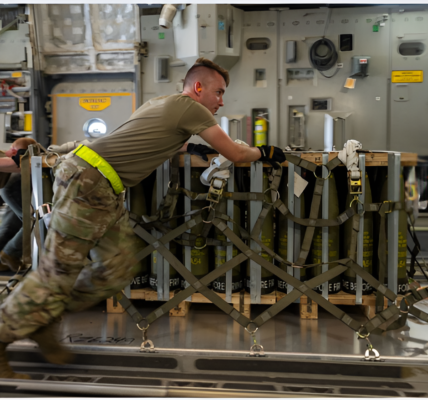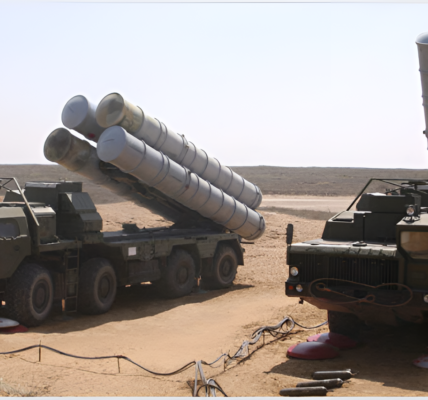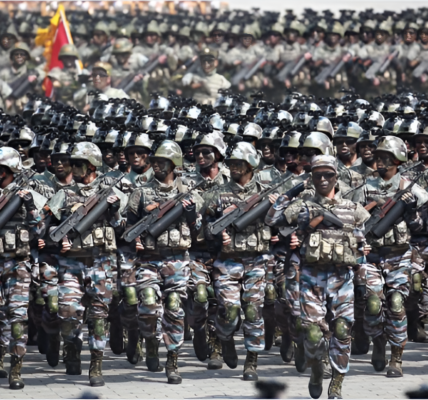
Breaking the Silence, an organization of Israeli military veterans, recently released a collection of testimonies from nearly 70 soldiers and officers who participated in Operation Protective Edge in Gaza last summer. The testimonies, which were published on Monday, provide an unprecedented glimpse into the realities of the 50-day assault that resulted in over 2,000 Palestinian deaths, 11,000 injuries, the destruction of over 18,000 residential units, and left more than 100,000 people homeless.
While the public discourse in Israel about the operation has been largely muted, individual soldiers and officers have started to speak out, revealing the disturbing nature of the tactics used during the conflict. The testimonies collected by Breaking the Silence paint a clear picture of the operation’s massive, intentional, and unnecessary destruction, particularly in areas where ground troops were deployed. The soldiers recount the massive volume of firepower used during the assault and the lenient open-fire policies that guided their actions.
The open-fire policy, described by the soldiers, often involved shooting at anything that moved without clear identification of threats. Many soldiers reveal that before entering Gaza, they were briefed by their commanders with the assumption that everyone in the combat zone was suspicious, and no one was innocent. According to the soldiers, after the IDF dropped flyers, shelled the area, and made phone calls to warn civilians of the impending assault, anyone who remained in those areas was automatically considered a terrorist.
This doctrine of “everyone is suspicious” raises significant ethical and legal concerns. It dismisses the possibility that civilians, for various legitimate reasons, might stay in their homes despite the warnings, and fails to consider that some civilians may not have the means or ability to flee the violence. Moreover, international humanitarian law does not allow for the reclassification of civilians as combatants simply because they stayed behind. The testimonies highlight the contradiction between the official IDF rules of engagement, which require the identification of weapons and intent before opening fire, and the reality on the ground, where soldiers often fired immediately at anything that appeared suspicious.
One disturbing account details the killing of two women in their 30s, walking through an orchard. Despite finding no weapons on their bodies, the soldiers later classified them as terrorists. In other cases, soldiers reported shooting at people seen in windows or walking near walls, only to later discover that these were animals or inanimate objects, such as a plastic bag blown by the wind.
The testimonies expose a calculated military doctrine aimed at minimizing Israeli military casualties at all costs, even when it was clear that such actions would lead to harm for Palestinian civilians, their property, and civil infrastructure. The soldiers describe a mindset of “minimum risk” for Israeli troops, even if it meant maximum destruction for the people of Gaza.
This doctrine of overwhelming force with minimal concern for civilian casualties has been a defining feature of Israel’s military operations in Gaza over the years. From the First Lebanon War to recent operations like Cast Lead and Pillar of Defense, there has been a gradual increase in the use of massive bombardments and intentional destruction. The testimonies collected by Breaking the Silence corroborate this pattern and offer a deeper understanding of Israel’s approach to urban warfare and its dealings with Gaza.
The testimonies also reveal a troubling apathy towards the Palestinian population, contradicting the myth of the IDF as the “most moral army in the world.” Historically, after events like the Sabra and Shatila massacre, Israeli society set limits on the military’s actions. However, the public response to the Gaza operation was markedly different. The Israeli media largely ignored the destruction in Gaza, and anti-war protests were met with violent counter-protests.
For Palestinians seeking justice, these testimonies offer crucial insights that could play a significant role in any legal proceedings. The testimonies serve as reliable sources of information that could prove valuable in an international criminal investigation, as noted by ICC Prosecutor Fatou Bensouda. Though Israeli military censors forced Breaking the Silence to remove identifying information from the testimonies, their credibility and detail remain essential for any future legal redress or accountability.
Internally, these testimonies provide an important opportunity for Israelis to confront the moral implications of their military actions. While Israelis and Palestinians often distrust each other’s narratives, soldiers speaking out about the conduct of their own military may help spark a much-needed conversation within Israeli society. Only through such self-reflection can there be any hope for change and, perhaps, eventual reconciliation.
These testimonies highlight the complexity of the conflict and its devastating human cost. They are a powerful reminder of the need for accountability, both for the military and for those who justify or ignore the consequences of war. The stories told by these soldiers are not just a record of the past—they are a call to action for all those who believe in justice, peace, and a future where war crimes are not forgotten, but addressed.




